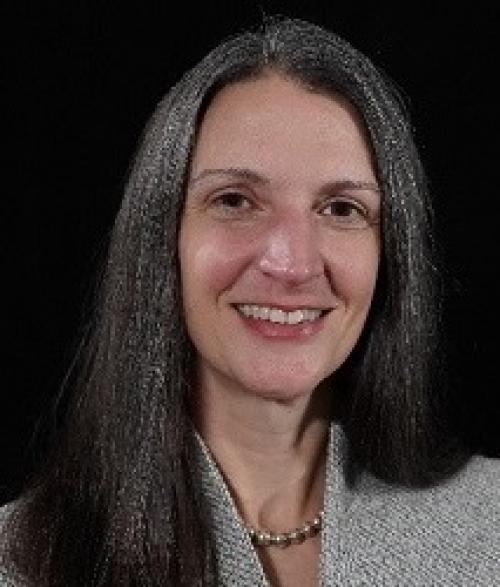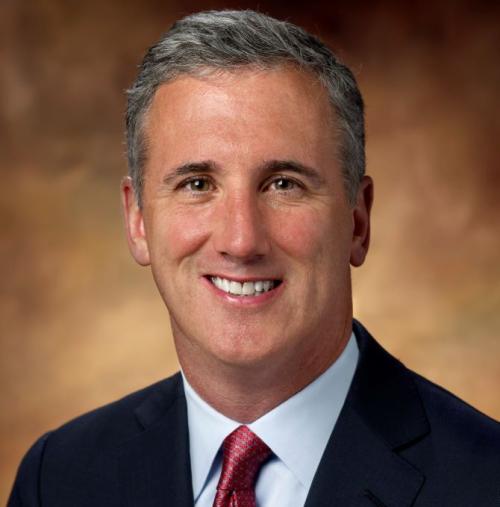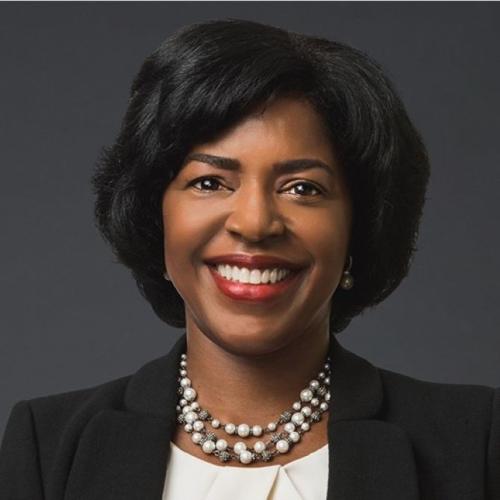Robert Smith, vice president, deputy general counsel and assistant secretary, NiSource
Those who say corporate governance can’t be gripping should take a hike in Robert Smith’s shoes. Before his current role as vice president, deputy general counsel and assistant secretary at utilities provider NiSource, Smith had already dealt with the impact of a below-investment-grade rating, walked an organization through the various corporate and securities issues related to its Chapter 11 filing, and navigated the slew of governance changes in the wake of the Enron scandal.
While Smith graciously refrains from indulging
any over-active imaginations in the dramatic tale, one thing is clear: he has had one heck of a ride. ‘It was a fascinating growth experience for me; one that I wouldn’t want to relive, but certainly one I wouldn’t want to trade,’ he says of his experience during the rather bumpy start to the new millennium. ‘It really helped me gain perspective as a lawyer and understand the issues in a new and different way.’
That perspective must be coming in handy now as companies brace themselves for the impending legislative and regulatory reactions to the recent economic turmoil. Having weathered the Enron fallout and implementation of SOX, Smith senses a bit of
history repeating itself.
‘I think governance professionals are at a time right now that’s similar to where securities lawyers were in 2003, when we saw the pendulum swing to an extreme as people felt they had to address what happened quickly and definitively,’ he observes. ‘This is a fascinating time for corporate governance professionals. It’s a time when, if we can actually get involved and not just watch, we will have the opportunity to make a big difference.’
Making a difference
On this front, Smith, as a board member of the Society of Corporate Secretaries and Governance Professionals, has already met with members of Congress and the SEC. He even testified – for the first time – during the April 21 House Subcommittee on Capital Markets, Insurance and Government-Sponsored Enterprise’s hearing on proposed governance reforms. ‘It wasn’t as intimidating as I thought it would be,’ he says of the experience, although he admits that ‘the time constraints are always in the back of your mind.’
As far as his views on the various proposals go, Smith compares many of the provisions to window dressing. ‘Many of them are fixes for things that have already been, or are in the process of being, addressed by the corporate community – a mandate for universal majority voting, for example,’ he says. In fact, what may be most frustrating about such provisions is that they overlook the changes currently underway.
‘There’s already a sea change taking place,’ Smith explains. ‘Although there are instances of people or corporations stepping out of line, if you really look at the trending that’s taking place, significant shareholder enhancements and governance improvements are taking place right now.’
That said, Smith knows the ‘if it ain’t broke’ argument does not go far. ‘We have to be pragmatic about what the real problems are. We can’t just cry wolf because it’s not our traditional way of doing things,’ he advises.
A game of risk
It’s not all policy talk over at NiSource, however. Among his myriad
responsibilities – and in keeping with his mantra of ‘I want to be practical, proactive, consistent and available’ – Smith is involved in the company’s enterprise risk management (ERM) process. The project, which stemmed from the risk management committee and is spearheaded by the treasurer, has kept Smith busy combing through company charters in a proactive effort to ensure there is proper oversight for each major risk area.
One challenge Smith says he came up against is figuring out what exactly ERM means. ‘All companies do risk management, but when you look at ERM itself the problem is really trying to understand what it is, and it seems to be different for each company,’ he notes. ‘So we’ve had to figure out what the most effective approach is for our company.’
On another front, Smith, along with the chief legal officer, took the helm in establishing NiSource’s newly implemented preferred provider program. When it came to selecting which law firms to partner with, as Smith says, ‘We went through a very involved request for information process, and we had written submissions and extensive interviews. It was a lengthy, lengthy process, but one that is paying off in the end.’
An interesting component of this provider program is an effort to make the outside counsel feel more like an insider. For example, the NiSource legal department invited those on the list, so to speak, to its annual legal summit. ‘During my time at a law firm, I often felt disjointed from the companies I was advising,’ Smith recalls. By inviting those on the outside into the proverbial fold – allowing them to see the overall strategy and understand how they fit in – Smith hopes the preferred providers will become ‘more like an extension of our legal department than just vendors’.
And speaking of bringing people into the governance fold, Smith observes, ‘We’re at one of those places in the governance cycle where if you’re a young, aspiring governance professional, this will be your time.’








